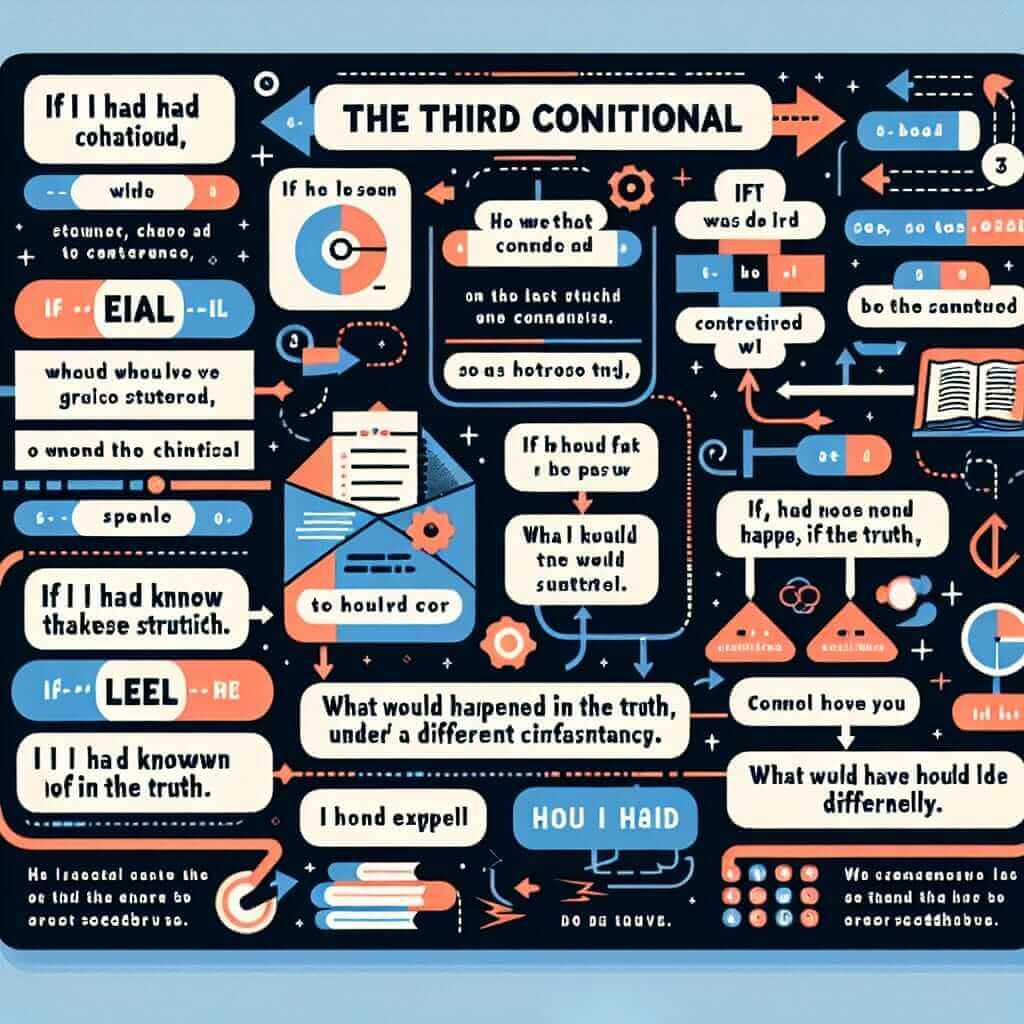“Had it not been so late, we would have continued” – a sentence structure that might seem unusual at first glance, but one that can significantly elevate your IELTS writing and speaking scores. This type of conditional statement, often referred to as the third conditional or the past unreal conditional, allows you to express hypothetical situations in the past and their imagined consequences. Mastering it will not only broaden your grammatical range but also enhance your ability to articulate complex ideas, a crucial factor in achieving a band 7 or higher.
Let’s consider a few examples of how this structure can be incorporated into different sections of the IELTS exam:
Speaking (Part 2): “Had I known about the traffic delays, I would have left home earlier and wouldn’t have missed the beginning of the concert.” (This demonstrates a good command of grammar while reflecting on a past event.)
Writing (Task 2): “Some argue that traditional values are lost in the face of modernization. However, had it not been for the progressive thinking of past generations, we would not have the freedoms and opportunities we enjoy today.” (This showcases the ability to present a nuanced counter-argument.)
Listening: Be prepared to identify this structure in both informal and formal contexts, such as lectures or conversations.
Now, let’s delve deeper into understanding and using this powerful grammatical tool.
Understanding “Had It Not Been…”
This structure expresses a hypothetical past event and its hypothetical past consequence. Essentially, it conveys the idea that something did happen in the past, and as a result, something else also happened; however, we are imagining a different past where the first event didn’t occur.
Frequency in IELTS
While not as common as the first or second conditional, the third conditional, including its “had it not been for” form, is essential for demonstrating a wider range of grammatical structures, which contributes to a higher grammatical score. It’s particularly useful in Writing Task 2 for exploring cause-and-effect relationships and presenting hypothetical situations.
Structure and Usage
The Formula:
Had + subject + not + past participle, subject + would/could/might + have + past participle
Example:
- Had it not been for his dedication, he would not have achieved such remarkable success.
Breakdown:
- “Had it not been for his dedication” sets up the hypothetical past situation where the dedication was absent.
- “he would not have achieved such remarkable success” presents the imagined consequence in that alternative past.
Applying the Structure
Speaking: Use it to discuss missed opportunities, regrets, or to analyze past events.
- “Had I practiced more, I might have passed the driving test on my first attempt.”
Writing (Task 1): While less common in Task 1, you might use it when describing a process that had a different outcome than anticipated due to a specific factor.
Writing (Task 2): Highly valuable for:
- Presenting counter-arguments: “While technology has its downsides, had it not been for the internet, global communication would not have been as accessible.”
- Discussing historical events: “Had it not been for the Industrial Revolution, the world would be a vastly different place today.”

Mastering for a Higher Band Score
To truly impress the examiner, consider these tips:
- Vary your vocabulary: Instead of always using “would have,” incorporate modals like “could have,” “might have,” or “should have” to show a wider range.
- Combine with other structures: Use it alongside other complex grammatical structures to demonstrate mastery. For example, “Had the government invested more in renewable energy sources a decade ago, the effects of climate change might not be as severe as they are now.”
- Maintain clarity and conciseness: Avoid convoluted sentences; focus on conveying your ideas clearly and directly.
Common Mistakes and How to Avoid Them
- Incorrect tense sequence: Ensure that the verbs in both parts of the sentence follow the past perfect structure (had + past participle).
- Incorrect: Had she studied harder, she will pass the exam.
- Correct: Had she studied harder, she would have passed the exam.
- Overuse: While effective, don’t overuse this structure in your writing. Use it strategically to emphasize specific points.
Conclusion
Mastering the “had it not been for” construction is a significant step towards achieving your desired IELTS band score. Remember to practice implementing it in various contexts, both in speaking and writing. Pay close attention to the correct tense usage and strive to use it naturally and strategically within your responses. By doing so, you’ll not only enhance your grammatical range but also demonstrate a sophisticated command of the English language.